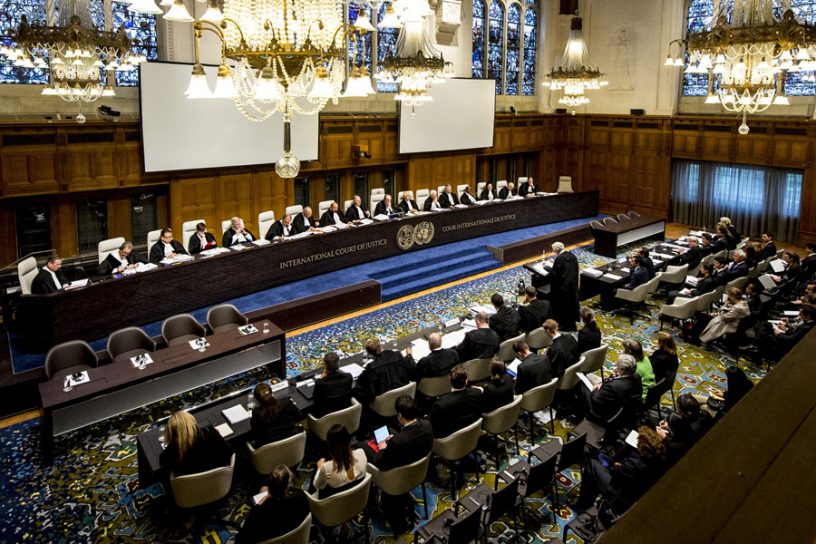
The emphasis of the ICJ through its advisory opinion must seek to emphasize a human needs perspective to conflict resolution.
Authors
Abhinav Mehrotra, Assistant Professor, Jindal Global Law School, O.P. Jindal Global University, Sonipat, Haryana, India.
Biswanath Gupta, Associate Professor, Jindal Global Law School, O.P. Jindal Global University, Sonipat, Haryana, India.
Summary
At the end of 2022, the UN General Assembly passed a resolution on the legal status of the occupation and annexation by Israel. For reference, the resolution states: “The Israeli settlements in the Occupied Palestinian Territory, including East Jerusalem, and in the occupied Syrian Golan are illegal and an obstacle to peace and economic and social development.”
The resolution requests that the International Court of Justice examine the long-running conflict, Israel’s “annexation” and the “legal status of the occupation.”
Under international law, the International Court of Justice has the power to give an advisory opinion generally sought by any state or group of states or by any international organization. In the past, the ICJ gave its legal opinion on the construction of Israel’s wall in the West Bank. This is the second time that the UN has approached the world court to give a legal opinion on the Israel-Palestine conflict. The objective of the advisory opinion also covers the change in the status of Jerusalem.
There are a number of questions regarding the history of this long-standing conflict, how the election of a far-right government affects the already derailed peace process, and what possible steps should the advisory opinion focus on to prompt changes on the ground.
Published in: International Policy Digest
To read the full article, please click here.


